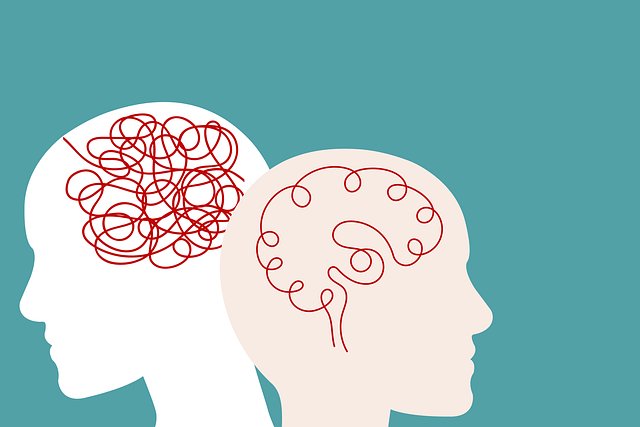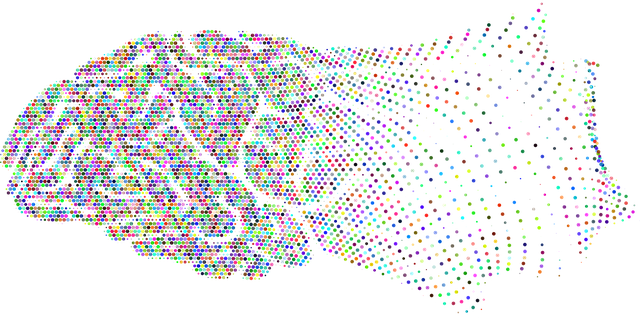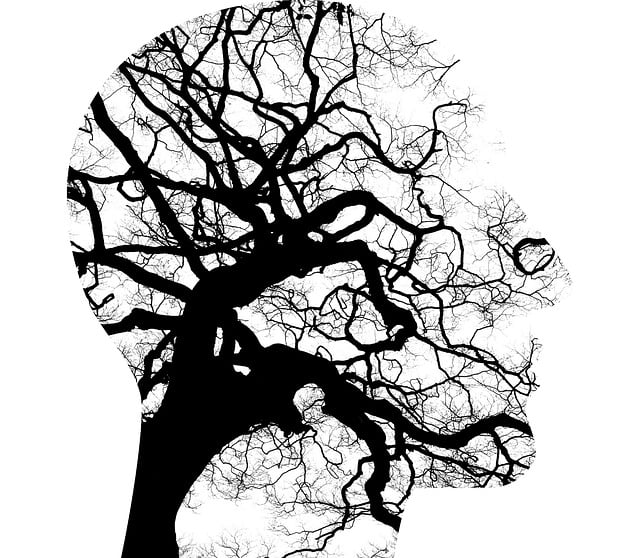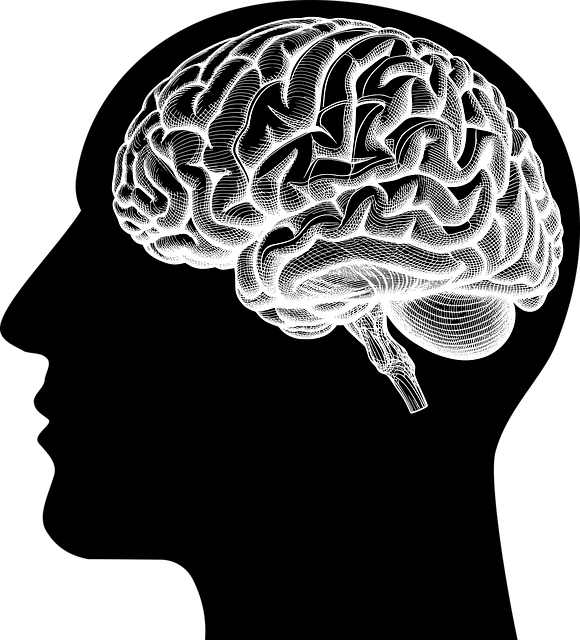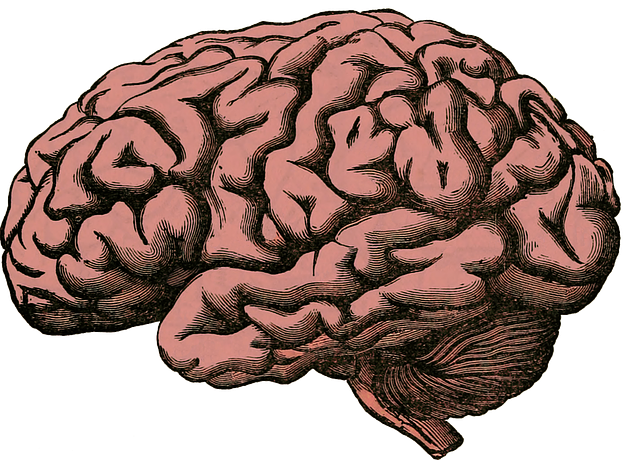Golden Neuro Disorders Therapy (GNDT) emphasizes coping skills as a holistic approach to managing stress, challenges, and emotions for individuals with neurodevelopmental disorders. Through culturally sensitive training, GNDT equips patients with personalized coping mechanisms tailored to their unique needs, fostering emotional regulation and confidence. This method integrates trauma support services like group therapy and mindfulness, promoting self-care to prevent burnout. Regularly practicing these skills enhances resilience, allowing individuals to adapt to life's demands while maintaining mental well-being and reducing the risk of future mental health issues.
Coping skills are vital in managing Golden Neuro Disorders, offering individuals strategies to navigate challenges and enhance their quality of life. This article delves into the significance of these skills in therapy, providing insights on effective development and integration. From understanding the impact of coping mechanisms to practical strategies and daily routine adjustments, we explore ways to empower individuals with Golden Neuro Disorders to cope successfully over the long term, thereby improving their overall well-being.
- Understanding Coping Skills and Their Significance in Golden Neuro Disorders Therapy
- Strategies for Developing Effective Coping Skills
- Integrating Coping Skills into Daily Routines for Long-Term Success
Understanding Coping Skills and Their Significance in Golden Neuro Disorders Therapy

Coping skills are essential strategies that individuals use to navigate and manage stress, challenges, and difficult emotions. In the context of Golden Neuro Disorders Therapy (GNDT), understanding and developing effective coping mechanisms is paramount. GNDT focuses on holistic healing, aiming to improve not just symptoms but also overall quality of life for individuals dealing with neurodisabilities.
By equipping patients with robust coping skills, healthcare providers in GNDT enable them to confront and overcome the unique challenges posed by their conditions. This includes boosting confidence through mastering tasks previously deemed difficult, which can be particularly impactful in depression prevention. Moreover, culturally competent training for both patients and healthcare providers plays a vital role in tailoring coping strategies to individual needs, ensuring inclusivity and effectiveness in GNDT.
Strategies for Developing Effective Coping Skills

Developing effective coping skills is a vital aspect of mental well-being and can be particularly beneficial for individuals navigating neurodevelopmental disorders or traumatic experiences. One powerful strategy involves Golden Neuro Disorders Therapy, which focuses on personalized therapeutic approaches to enhance coping mechanisms. This therapy encourages individuals to explore and understand their unique triggers, emotions, and thought patterns, enabling them to develop tailored strategies.
Empathy-building strategies play a crucial role in this process. By fostering empathy, individuals can gain deeper insights into their own experiences and those of others, leading to improved emotional regulation. Additionally, trauma support services that offer specialized coping skills training help people heal from past traumas and equip them with tools to manage future challenges effectively. These services often include group therapy sessions, mindfulness practices, and cognitive-behavioral techniques, all designed to strengthen an individual’s ability to cope with stress, anxiety, or traumatic memories.
Integrating Coping Skills into Daily Routines for Long-Term Success

Integrating coping skills into daily routines is vital for long-term success in managing stress and challenging situations. This process involves consciously incorporating strategies that support emotional regulation, such as mindfulness exercises, regular physical activity, and healthy sleep habits. By making these practices part of a consistent routine, individuals can enhance their resilience and adaptability, which are key components of Golden Neuro Disorders Therapy.
Trauma Support Services often emphasize the importance of self-care in burnout prevention. Effective coping mechanisms not only help manage acute stress but also contribute to overall well-being. Regularly practicing emotional regulation techniques allows individuals to better navigate life’s demands, fostering a sense of control and balance. This proactive approach ensures that coping skills become an integral part of one’s lifestyle, offering sustainable support for mental health and reducing the risk of relapse or future burnout.
Coping skills development is a vital component of Golden Neuro Disorders Therapy, empowering individuals to navigate challenges with resilience. By understanding these skills and implementing effective strategies, such as mindfulness, problem-solving, and social support, people can integrate healthy coping habits into their daily routines. This article has provided practical insights into enhancing coping abilities, ultimately contributing to improved quality of life and overall well-being for those living with neuro disorders.


